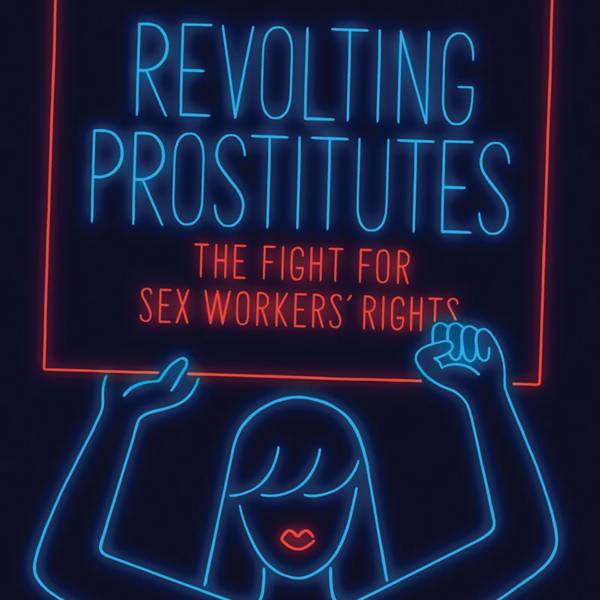It is perhaps a little premature, given that 50 is the new 40 and I still feel 16, to be making plans for my demise. But experience suggests it's a rite of passage too risky to be left to chance. I could be lucky and, once the kids are educated and established, slip away quietly in my sleep. Or, as is more likely, given my lifelong tendency to overdramatise and indulge in distinctly unhealthy living, I might go out with a bang. I certainly don't plan to whimper. And I don't want to linger, either. For the past seven or eight years I've watched my difficult, active, argumentative, vital mother transform into a husk as a result of Parkinson's Disease. Two broken hips, a shattered shoulder and wrist, together with the shaking that is characteristic of the disease have left her in constant, agonising pain. The drugs designed to alleviate her symptoms make her fearful, aggressive, frequently incoherent and obsessed with the hallucinatory visitors who haunt her bedroom and pose a terrifying threat to the peace of whatever mind she has left.
My mother's only mantra is, 'please let me die'. But, after yet another resounding defeat of the Joffe Bill which would legalise assisted suicide for the terminally ill, I can't fulfil her request. Nor can her doctor. My father is simply grateful or so he says that Parkinson's itself is not life-threatening. After nearly 60 years together, it's not difficult to understand his terror of losing her. He tells me it takes a lot of courage to commit suicide. I think it takes superhuman bravery to live the way they do now and I simply don't have it.
Palliative care may be helpful if you're lucky enough to be treated by an expert who's prepared to administer the necessary dose. We've all come across cases of people who've died screaming in agony because of the terror of litigation. In any case, that kind of pain relief is a non-starter for these long, chronic conditions that have no immediate end in sight, but consign the sufferer to less than a half life.
So how can we take charge of our own deaths, just as we have for our lives? That's the question that's become almost an obsession for me and a group of close women friends of similar age and family experience. Jane, like me, has a desperately ill mother who has become unrecognisable. Sally has lost both her parents but is adamant that, like the two of us, she doesn't want to have the right to die taken out of her hands, nor does she want to impose an impossible burden of choice on her immediate family.
We're the generation that moved mountains battling first for a woman's right to choose termination of pregnancy and then to ensure the law is not eroded. We've made our mark professionally, take no crap from anybody and have no intention of letting this one pass.
We've agreed that none of us wants to live with the humiliation of debilitating disease. Our model is the amazing Jill Tweedie, a former columnist on the Guardian. Her close friend Polly Toynbee told me that after a diagnosis of motor neurone disease the condition that drove Diane Pretty to battle for the right to die Jill calmly acquired the medication needed for a sure and safe despatch. She booked herself into a hospice for what she told her family was a short respite and took her tablets whilst she was still capable of self administration, but in a setting where it would be professionals who would find her body rather than those close to her.
We've decided not to ask partners or children to assist in suicide if it's needed. It's too risky and onerous a task. I couldn't do it for the mother I love and I know my family couldn't do it for me.
So Sally, Jane and I have promised to be on hand to help each other should the need arise. We've discussed methods and even what we'd do if, say, a cocktail of drugs didn't do the trick.
Would we be prepared to put a pillow over the head of a loved best friend? What music would we play on that final evening? Hot favourites were Edith Piaf with no regrets, Marianne Faithfull's 'Ballad of Lucy Jordan' and Carol King promising 'You've Got a Friend'. But the absolute winner was, naturally, 'I Will Survive'.
We even debated whether we'd be prepared to suffer the penalties if we were caught. We decided a stretch in the nick would be worth it for the principle of upholding what we see as our human right to die at a time of our own choosing with, perhaps, a little help from our friends.
We've been filmed discussing the issue and agreeing our pact for a television programme, only to discover we've broken the law by merely talking about it. Conspiracy to murder, apparently. So in striking this latest blow for liberation we may just find ourselves following proudly in the footsteps of our sister suffragettes across the threshold of Holloway.

